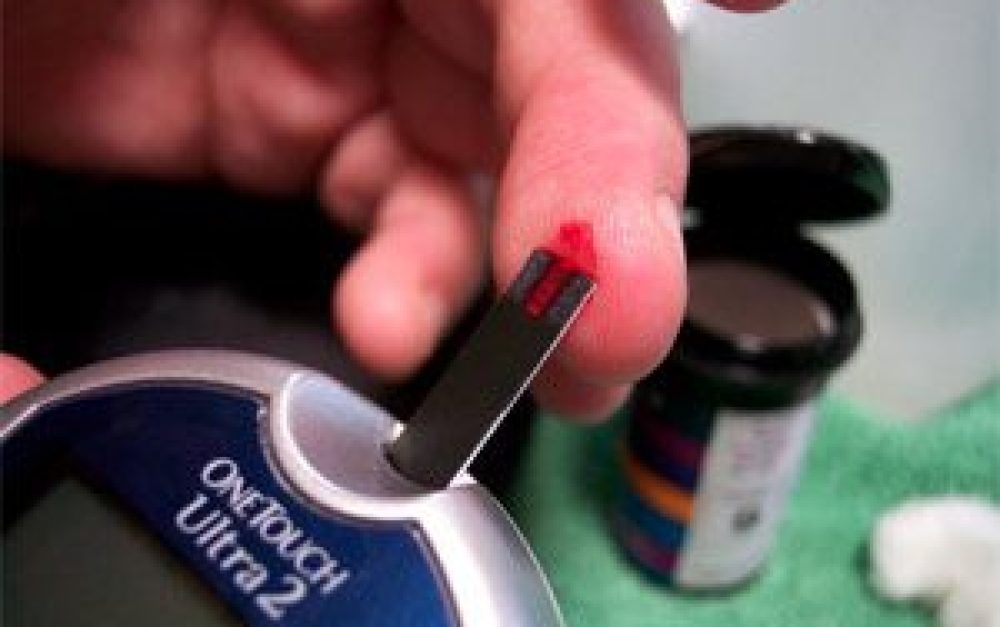New science confirms that exposure to pesticides — especially those classified as persistent organic pollutants (POPs) — can impair the body's ability to regulate blood sugar, and can also promote obesity. Both these effects in turn increase the risk of developing type 2 diabetes.
The recent study, led by Riikka Airaksinen of the Finnish National Institute for Health and Welfare, measured levels of several POPs in the bodies of about 2,000 older adults. More than 15% of the subjects had type 2 diabetes, and researchers found that those carrying the highest levels of pesticides in their blood were most likely to suffer from the disease.
More than 25 million adults and children in the U.S. — 8.3% of the population — are diabetic. These new findings, according to Airaksinen, “point toward a cause-and-effect relationship” between exposure to POPs pesticides and diabetes.
Ever stronger evidence
Linking pesticides and diabetes is not new. In 2008, the National Institutes of Health studied 30,000 pesticide applicators and their families in North Carolina and Iowa, and found that pesticides were a contributing factor to diabetes.
The connection between POPs and obesity — a known risk factor in developing diabetes — is also well established. One recent study looked at blood levels of three POPs pesticides in 900 people, and found that those with higher levels of the chemicals were more likely to have more body fat.
POPs can persist in the environment and in the bodies of animals — including humans — for decades. Disregarding national borders, these chemicals travel on wind and water currents towards colder northern latitudes, and tend to eventually settle in the Arctic.
Diabetes rates have gone up alarmingly among Indigenous peoples in the Arctic, who often rely on a traditional diet of meat and blubber of marine mammals. Since POPs get more concentrated as they move up the food chain, these predator animals are often heavily contaminated with the longlasting chemicals.
PAN and our partners around the world continue to press for rapid elimination of POPs pesticides that are still in use.







